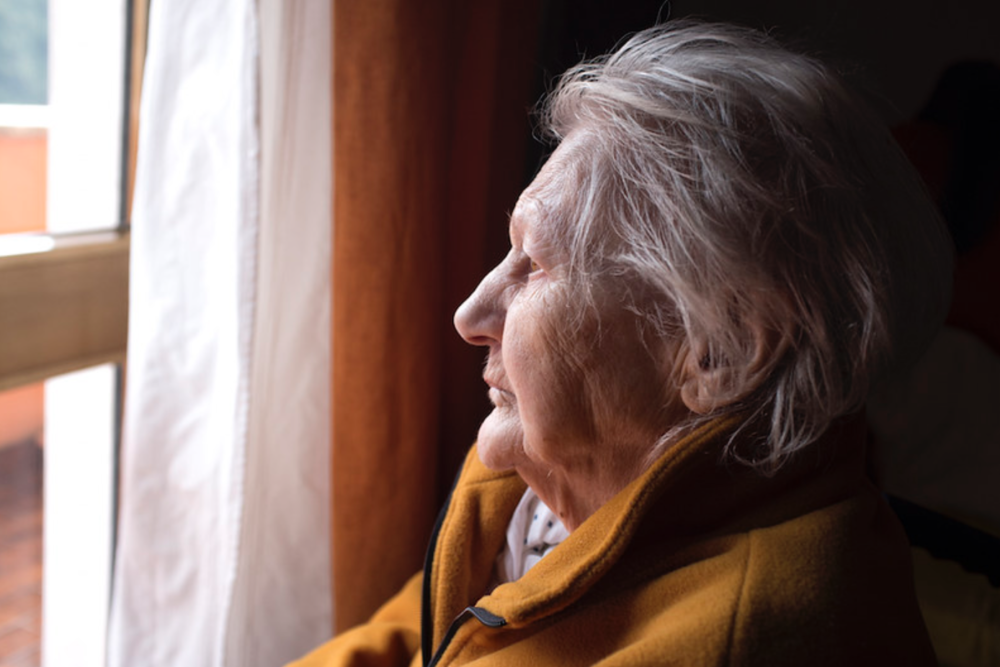Changes to our daily lives since the coronavirus outbreak are proving difficult for many, but people with intellectual disabilities, who often rely on routine and consistency, are facing an even greater challenge.
We are all feeling more anxious than usual. We may be worried about accessing food and services, going to work, enduring self-isolation, or catching COVID-19.
While some anxiety is normal, some of us may be more resilient to changes in our routines and the general uncertainty the world is experiencing. But for the 1.5 million people in the UK with an intellectual disability, these effects may be much greater.
People with intellectual disabilities are more likely to have a mental health condition than the general population. In the UK, it’s estimated that 40% of adults and 36% of children and young people with intellectual disabilities experience mental health problems, like depression or anxiety, at any point in time. Structure and routines can reduce anxiety for people with intellectual disabilities – but at a time when structure and routine is quickly changing, this can have a big effect on emotional and mental wellbeing. It could also make mental health conditions worse.
As more people work from home or self-isolate to avoid spreading or contracting COVID-19, this is likely to have a direct effect on how people with intellectual disabilities are supported – by both paid carers and family members. Changes to a person’s routine (including not being able to go out), or having regular care staff temporarily replaced with someone new (in the event a carer might have to self-isolate or becomes ill), can be unsettling and may increase stress and anxiety.
Sudden, unexpected changes in the care support team could also mean some people may not have enough support.
Unexpected changes are also difficult for care providers who may not know how best to provide support for a person that they don’t know in an unfamiliar place. There’s also the risk that masks and protective clothing might be alarming to people with intellectual disabilities, especially if they aren’t as resilient to changes.
Unexpected changes
Competing with panic-buying shoppers can also put vulnerable people at risk.
Some people with intellectual disabilities and autism may have very rigid self-imposed diets, with a limited range of foods they will eat. Autistic people can often be very sensitive to changes in food tastes, textures, and smells caused by sensory overload. As well as increasing anxiety, being unable to buy their usual foods because of food shortages and not being able to shop in the usual supermarket at the usual time of day can lead to a limited diet, as substitutes may be unacceptable.
Panic buying might make it difficult to follow their usual diet.

Photo by Indrid_Cold
For others, even something as small as having to use a different brand of cleaning products with a different smell (because their usual one isn’t available) can cause stress. These significant changes in a person’s life can, in some people, lead to adverse behaviours, such as hurting other people, hurting themselves and destroying property, or even a relapse of a mental illness.
The current unpredictable situation is difficult for all of us to make sense of. However, it may be particularly stressful for people who have trouble communicating.
Being unable to understand why the routine has changed suddenly – and without being part of the decision-making process – can make adjusting difficult.
It may also be hard for them to make sense of why they aren’t interacting with people who they’re close with, and being supported by people they don’t know.
In light of recent government advice, managers of care home facilities and supported living apartments are beginning to impose lockdowns to make social distancing possible, and to protect both staff and the people they support. However, it’s very likely these measures will do little to reduce anxiety and any subsequent fears and adverse behaviours.
People with intellectual disabilities already face health inequalities, which means that they may not be able to get the same quality of healthcare as other people.
They may also experience worse illnesses and disease, and there’s a significant risk of dying at a younger age.
We need to consider not only the very real risk of becoming infected and spreading COVID-19, but also the consequences on the mental and emotional wellbeing of people with intellectual disabilities.
Working with social care and healthcare providers will be essential for developing good quality information about supporting people with intellectual disabilities during this time. This will help carers and family members effectively manage the changes that may take place. Instructions about reducing the risk of infection will also be necessary for families and care support organisations. This current situation is unlike anything most of us have experienced, so at the moment it may be challenging to know the best way of helping those with intellectual disabilities and their families and carers.![]()
This article is republished from The Conversation under a Creative Commons license. Read the original article.
Main image by Penn State



